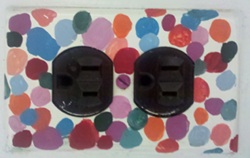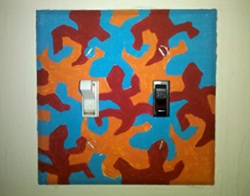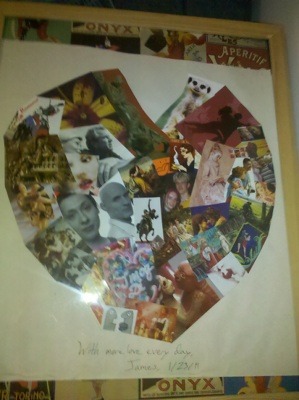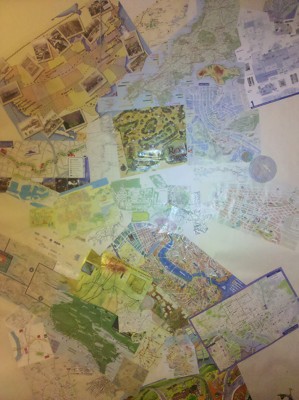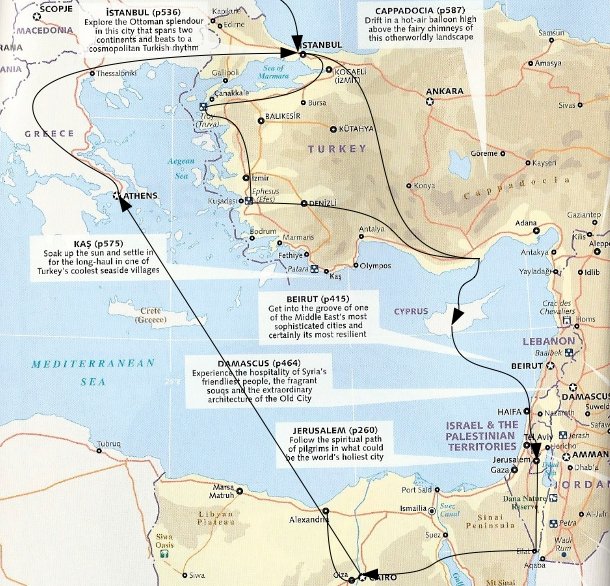The semester started quickly! Between a presentation of research interests to my program, and nine hours of extra classes (some of it “make up” for a TBD class the prof will skip), I’m glad it’s the end of the beginning.
Speaking of ends, I’ve been thinking recently about the purpose of life, and I think I have one answer. Life is many things to many people, and far be it from me to suggest that my own aspirations and avenues are a better answer than another’s preference. But there are a few things we all share: taxes, and death.
The Baha’i see death as a kind of next-birth. Just as a fetus develops eyes and arms which are useless in its mother’s womb, the Baha’i believe that we are developing capacities in this world for the next world. If someone were to try to explain to you in the womb that you would soon be in a new world with “things” to be “seen”, you would have no basis for understanding them. Similarly, for the Baha’i, the next world is not a heaven of perfection and paradise. We probably can’t know what it is, but it has a similar relation to this world as this world has to the world inside the womb.
Death, then, is a kind of breaking forth into the next world– the apparent shedding of this body is a projection of the shedding of the world itself. The purpose of life is to prepare ourselves for that transition.
Don’t take that suicidal-like. On his deathbed, Socrates said that the philosopher is ever expectant for death, but to take one’s own life is to flout the gods. A premature death would be like a baby engaging in self-abortion. The preparation for death takes time, work, experiences, and challenges (by Vedic philosophy, 75 years or so).
Who we fully are, and what we are capable of, we cannot know in this world. All we can hope to do is develop our selves the way a baby develops in the womb– by occupying a good environment, exercising all our capacities, and letting nature take its course.
It is time for our culture to embrace death, as a natural stage of life. We need to embrace it not only as a mechanism of hope for the future of our planet, but as both a personal driving force that can shape and inspire us.
In parts of the world where death is a constant possibility, life is said to take on a new vigor and crispness. If every street-crossing could be your last, you savor the times between more. In the West, our lives are characterized by boredom and itching meaninglessness. Media and commodities are designed to fill this hole in our lives, but they only feed our hunger.
I believe the problem comes from a loss of self. Death is one of the most powerful transformations of self– it is exactly that transition that we cannot do as a public. Death is a way of understanding ourselves, and situating our identity.
This re-enshrining of death causes certain upendings in our emotional lives. The classical personality type associated with death is the melancholic. Nowdays, the melancholic is often misunderstood: she differs from the modern depressed by virtue of an persistent unrest and a heightening drive for meaning– many poets and philosophers are melancholic. I believe that Freud is to blame for our loss of melancholy, by interpreting it as a less-healthy perversion of grieving (I have another rant on this). But melancholy plays a different role from grieving, and one which is at the heart of many cultures (see saudade in Brazil and hüzün in Turkey).
Melancholy arises from a recognition of life as characterized by death. It is a bittersweet emotion; a knowledge that what is is always coming to an end, and yet by holding it in our hearts, we turn that loss into a vitality. Melancholy is as close to a celebration of death as a people can get, and it is never far from the understanding that every end is a new beginning.

